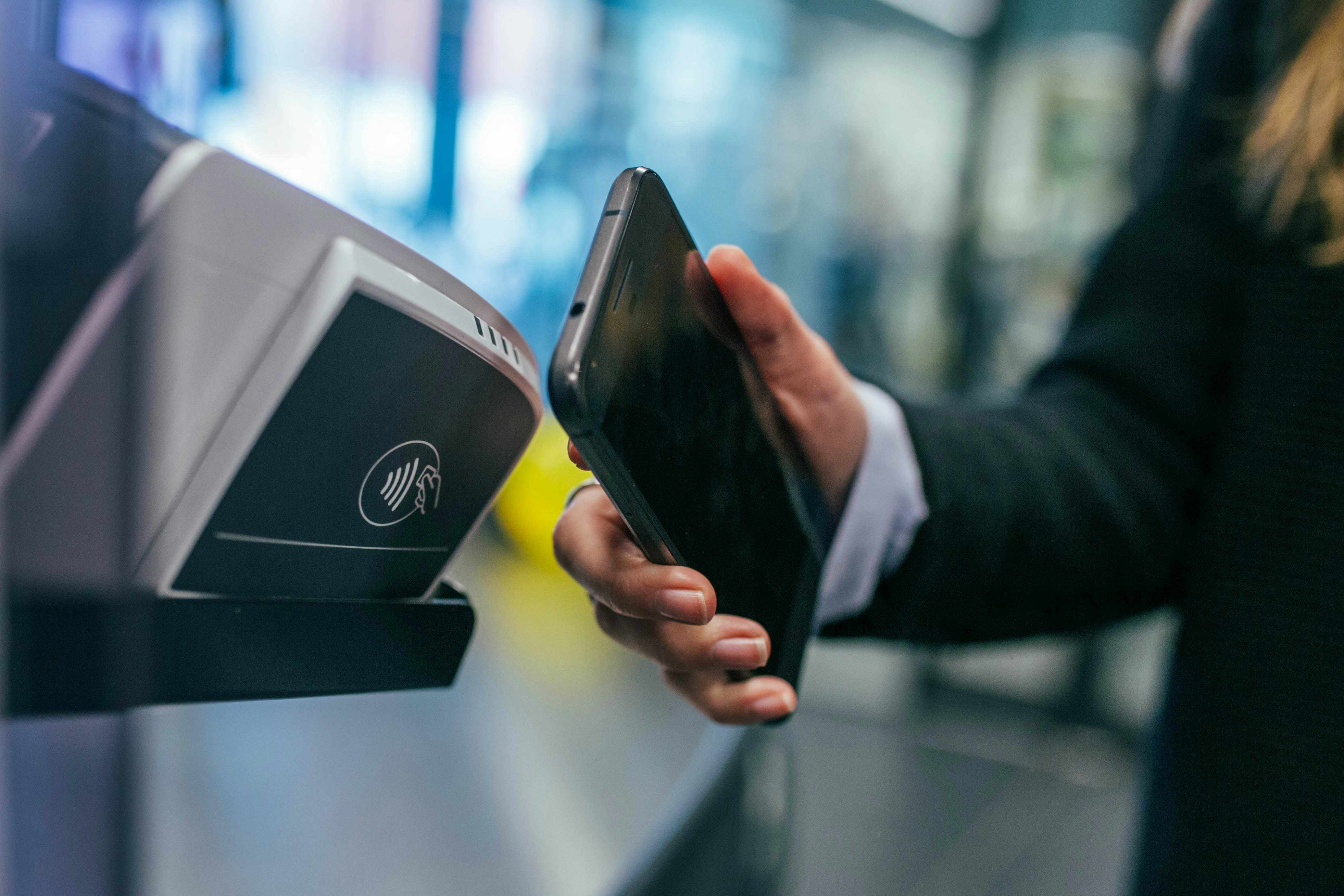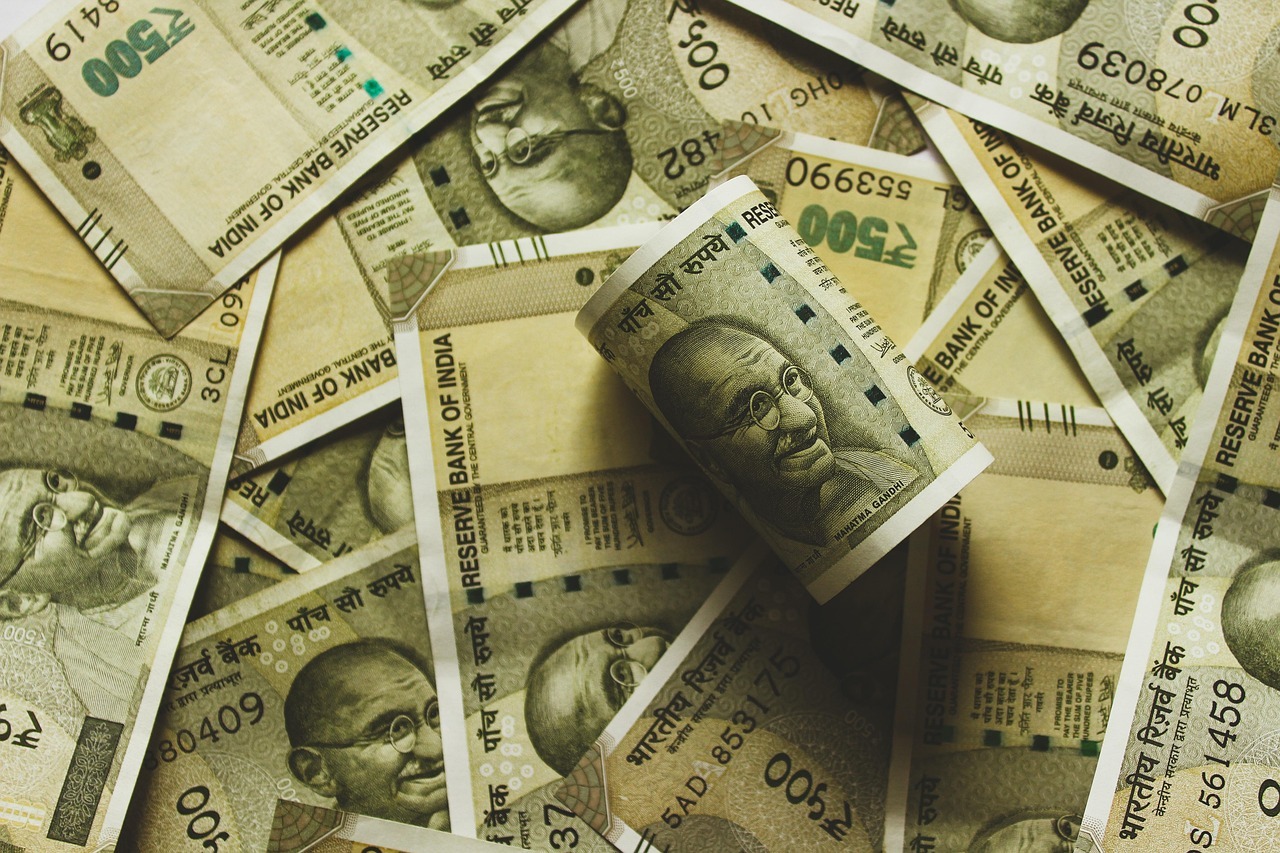Singapore now leading the digital payments sector across asia. The tech savvy citizens, the fast-moving digital economy, and the financial regulations, these have helped the country change how its citizens make payments, save the money and manage it.
The reports showcase that digital wallets are now the popular way to pay for online purchases as compared to credit cards in Singapore, this shows how the citizens have more confidence in going cashless. Whether it is for making payments in supermarkets with GrabPay or sending money to a friend through DBS PayLah!. You can also manage multiple currencies through YouTrip and Revolut. Digital wallets have, nonetheless, easily blended into everyday life.
What Exactly Are EMI Wallets?
EMI wallets are basically digital wallets that can store, send and receive e-money or digital money, although like traditional banks they cannot issue loans or accept any deposits. These EMI wallets are functional by entities licence with the Monetary Authority of Singapore (MAS) through the Payment Services Act (PSA).
To obtain and maintain an E-Money License, companies must meet strict regulatory requirements such as:
- Maintaining a minimum capital requirement
- Separating customer funds from company funds
- fraud monitoring and transaction controls is done
- compliance with cybersecurity standards and data protection laws
These requirements make sure the user funds stay secure even when the wallet provider goes through any operational difficulties.
How the Trend Is Spreading Across South Asia
Digital wallet widespread use is not specific to Singapore. Across countries like India, Malaysia, Indonesia and Thailand, similar widespread is unfolding as the fintech innovation is working with regulatory modernization.
In India, digital wallets like Paytm, PhonePe, Amazon Pay, and Google Pay have already become everyday tools for millions. Governments have made transactions instant, free transfers across all banks through Unified Payments Interface (UPI), this has made a strong base for a larger digital payment environment.
Countries like Malaysia and Indonesia are following Singapore’s footsteps. Malaysia’s e-money rules under Bank Negara Malaysia and Indonesia’s e-money license requirements focus on keeping money safe, protecting users, and running digital payments securely.
With more people traveling and doing business across borders, multi-currency wallets are becoming increasingly popular. Apps like YouTrip and Revolut make it easy to spend money abroad without paying high foreign exchange fees and this is something we can expect to grow a lot in South Asia over the next few years.
The Security Imperative: Protecting User Data and Funds
Using digital wallets feels very simple, but there is a lot of work that goes on it behind the scenes to keep your money and information secure. For EMI wallet providers, security is in just about following the regulations, but it’s also about building trust with its users
This includes taking steps like:
- Secure coding to prevent loopholes in the app
- Encrypting all payment data
- Using multi factor authentication
- Monitoring transactions constantly to catch unusual activity
- Staying compliant to global standards like PCI DSS, ISO 27001 and other data protection laws
As now the wallets link with banks, insurance platforms and investment platforms protecting the sensitive data has become more important than ever. The information of the users and their money should stay safe at all times. In short, strong security is just a feature, but it is the backbone of trust in the digital wallet world.
What’s Next for 2025 and Beyond
Looking forward to the year 2025, we can see that digital wallets are the convenient way to make payments and are also becoming a very significant part of how people manage their money. Talking about Singapore, the wallets will keep expanding even beyond simple payments that you make to offer services like cross border, transfers, multicurrency management, or even digital investments.
Talking about the rest of South Asia, 2025, will surely be a turning point. The countries are forming clear rules for e-money licensing. The Wallet providers can grow even on a faster rate and offer new services. The consumers in India, Malaysia and Thailand Are likely to have wallets become more easy, secure, and widely used. As to which is already happening in India
Security will continue to remain a key focus. As now wallets are handling more transactions and links with banking insurance, protecting the user data and safeguarding from fraud will become more important than ever. It is imperative that the service providers bring in or adopt advanced technologies like AI powered fraud detection, real-time monitoring and so to make transactions, secure and easy. And finally, the user experience will be the most important part in the adoption. Faster registrations, easy, cross border payments and user-friendly apps will make the digital wallet. A very easy choice for the consumers. Digital wallets are likely to become the default way to pay. Send an even manage money, replacing not just cash, but also, traditional cards for everyday transactions
If you would like to get in touch with us to discuss how we can support your cybersecurity needs - please reach out to us: hello@onecybervalley.com
By 1 Cyber Valley | October 28th, 2025 | Harshita Yadav


.png)











